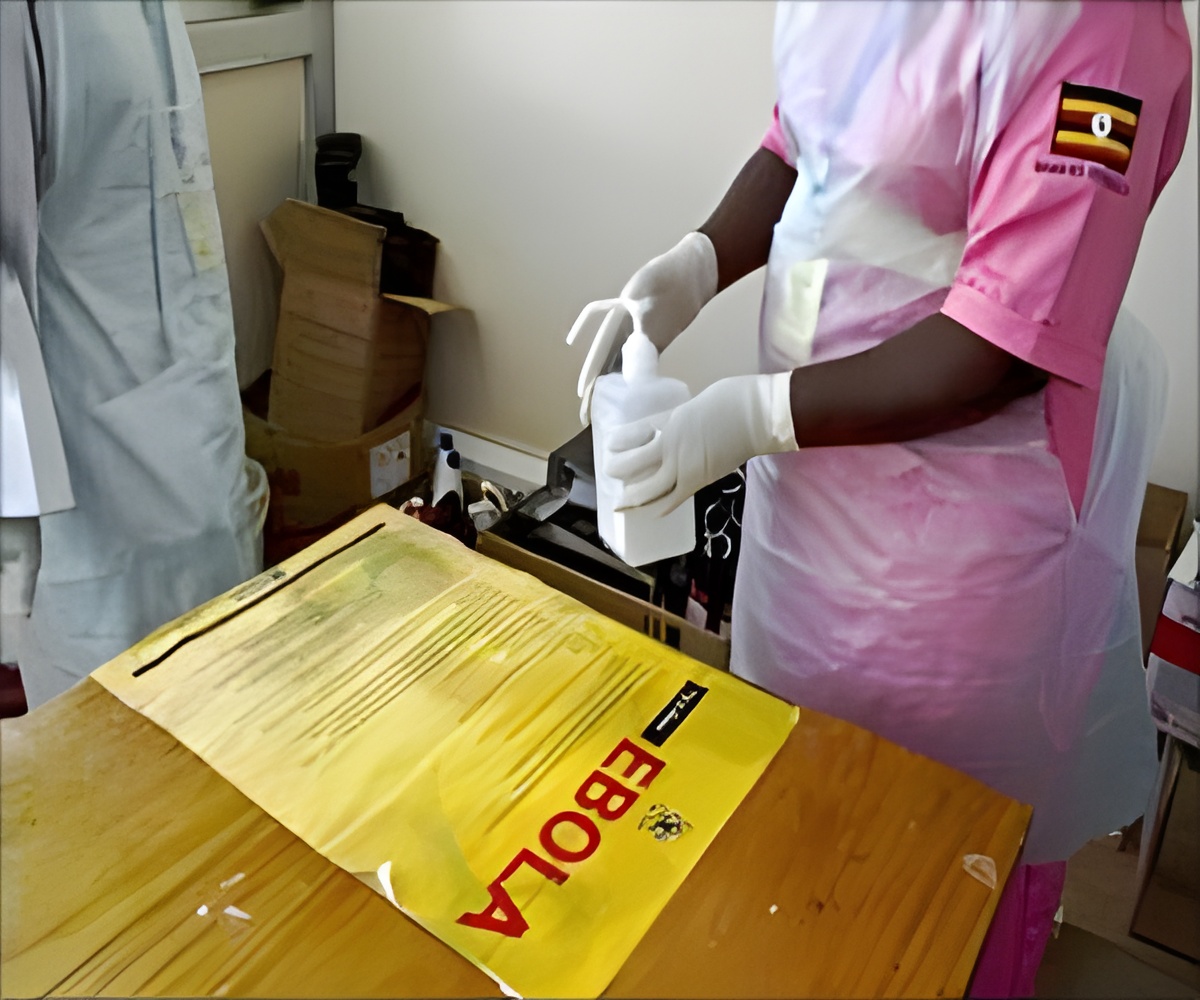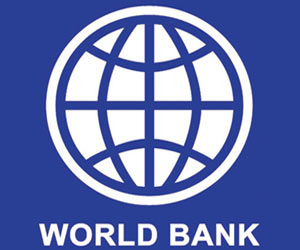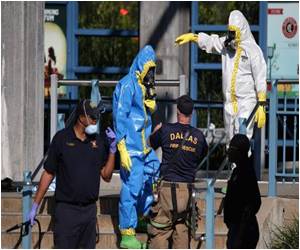In Liberia, nearly half of the workforce is no longer working since the onset of the deadly Ebola epidemic just a few months ago, reveals the World Bank.

The recent Ebola outbreak has killed nearly 5,200 people overall, mostly in three West African countries.
"Even those living in the most remote communities in Liberia, where Ebola has not been detected, are suffering the economic side effects of this terrible disease," said Ana Revenga, senior director of the Poverty Global Practice at the World Bank.
"Relief efforts must focus not only on those directly affected by the virus, but also on those in the poorest communities for whom market access, mobility, and food security continue to get worse."
Collecting data on activity of Liberian households via mobile phone surveys, the Bank said that the hardest-hit were the self-employed working in markets where activity has dried up because of Ebola fears.
"Overall, only about 36 percent of previously self-employed workers outside of agriculture and about half of those originally engaged in wage labor are still working since the crisis unfolded," it said.
Advertisement
But more than 70 percent of those surveyed said that regardless of the price, they lack enough money to pay for food, the World Bank said.
Advertisement











